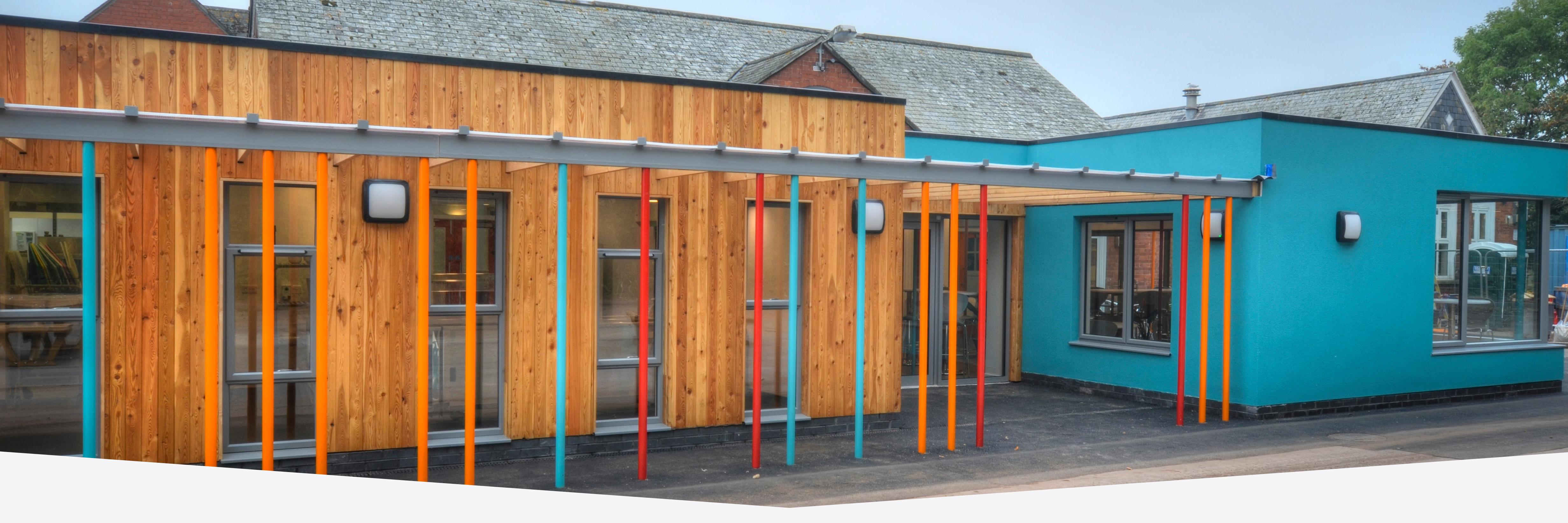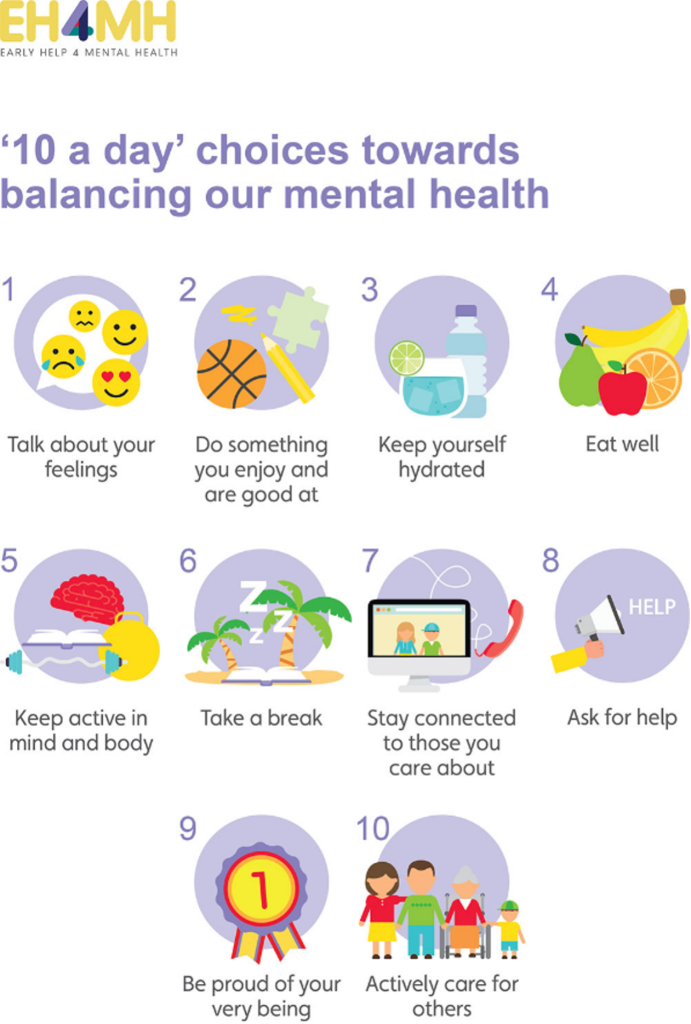There is no doubt that the current reports and statistics relating to young people’s mental health are very concerning. The Children’s Society reports that 1 in 6 children aged 5-16 are likely to have a mental health problem with just under 40% of 6 to 16 year olds have experienced deterioration in their mental health since 2017. In fact, their research concludes that 50% of all mental health problems start by the age of 14.
While there are many mental health disorders, it is emotional disorders such as anxiety and depression are the most common ones experienced by young people. It is an incredibly challenging time to be a child or young adult and, by extension, it is also the case for parents, carers and family members. It is particularly emotionally hard when your child discloses or presents with a mental health concern and it often leaves people being unsure of how best to support. This guidance is here to help you with this.
Student Support Provision
Promoting mental wellbeing
While there is lots of avenues of additional support, the first thing to focus on is the need to promote mental wellbeing within our children. Children’s physical, social, cognitive and emotional wellbeing are all significant in positive wellbeing and supporting good mental health. Whether we are adults or children, we are all responsible (to varying degrees depending on age and emotional maturity) for taking care of ourselves and our mental health is no different. Eating healthily, keeping yourself hydrated, getting outdoors, going to places you feel calm and doing things you enjoy are important first steps that must be taken if you begin to feel you are becoming mentally unwell. This Early Help for Mental Health poster is a fantastic starting point for anyone who begins to struggle.




